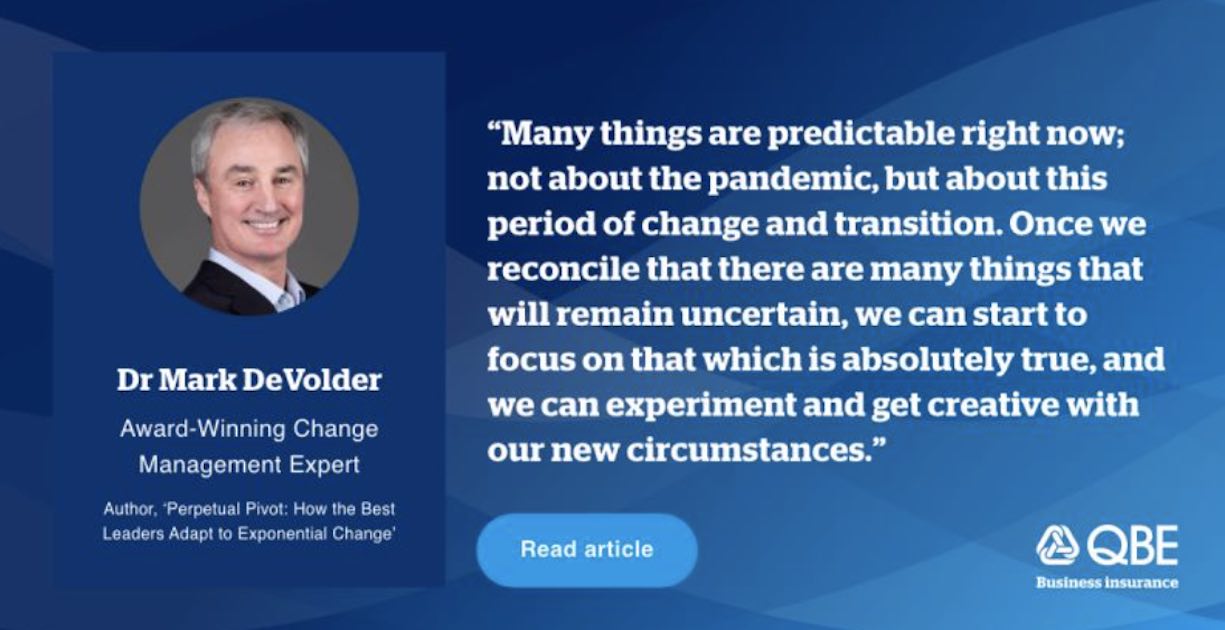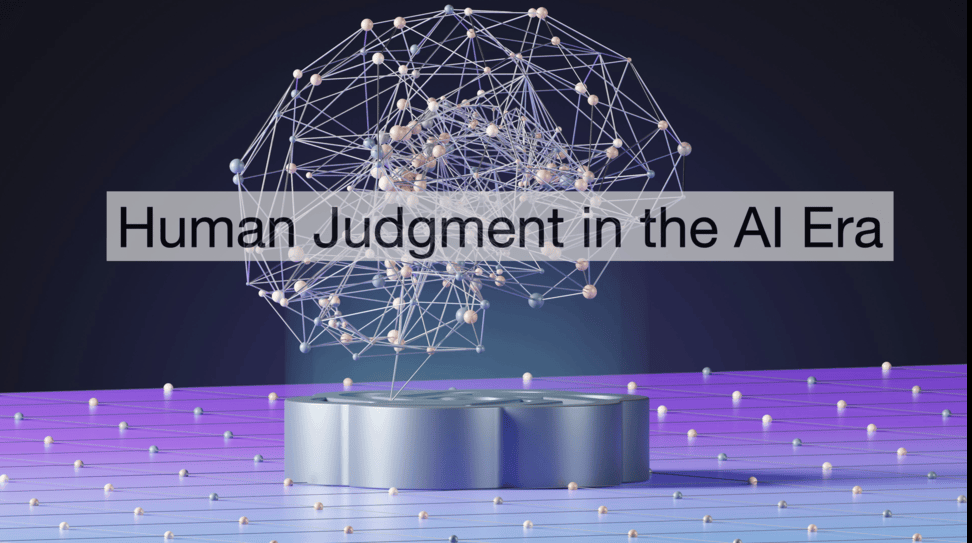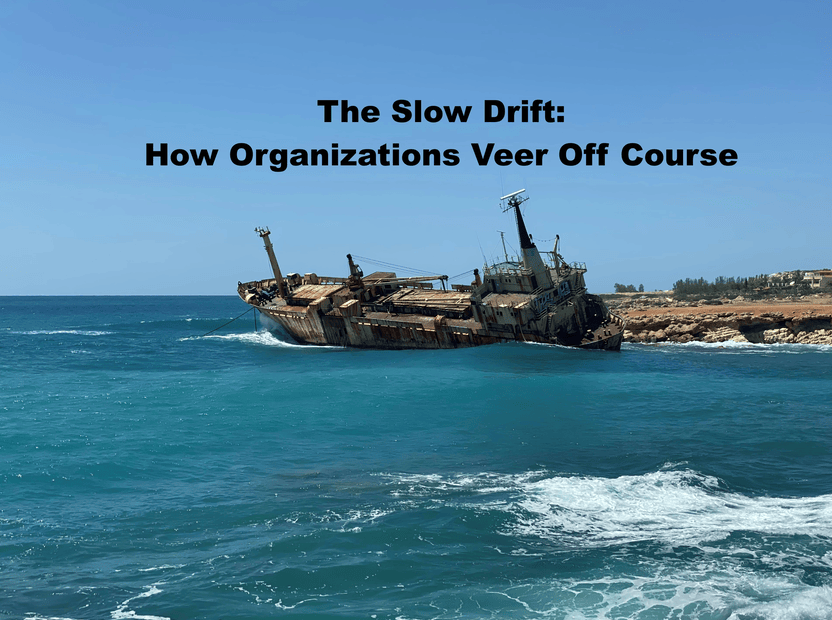Dr Mark DeVolder recently spoke at an exclusive QBE event on the topic of How to be Mobilized by Change. He is an award-winning change-management expert and public speaker. He has empowered hundreds of organisations to adapt to change. He works with business leaders across the world to understand the process of adapting to continuous change through reinvention, innovation and anticipation.
Covid-19 has for a great many people been a crisis and something to be endured.
For many it is something that has happened to them, out of the blue. Not something they could have prepared for. How we view a situation like this, affects our response to it.
If we don’t see a situation as something to be anticipated, then we approach with resistance rather than acceptance. When we think something is just temporary, we don’t prepare in the same way. It’s the difference between a hurricane and a cloud burst. During a cloud burst, you would park up and wait for it to be over. With a hurricane, you must prepare. We are going through a hurricane right now.
Anticipating trends
In life, we should expect problems, obstacles and adversity. If we do that, then we look for opportunities differently.
In the earlier stages of Covid-19, many businesses missed out on opportunities because they thought, as the advice was given, that this would just disappear. They all missed an opportunity.
Once we develop an understanding of transitions, we think about what is going on as normal and start to recognise the trends. Everything that is going on right now is, in one sense, very predictable. We can’t predict the specifics, but we can monitor the trends and adapt accordingly, rather than waiting back, or worse yet, entering a state of paralysis and shock.
Process of Change – Mobilized by Change
What makes change most difficult is the transition from how things used to be to imagining how they might be.
We are in going through the ‘in between’ phase. We don’t know what the new future will look like, but we romanticise what the past was like.
• Are we waiting?
• Are we adapting?
• Are we anticipating?
The kind of actions that we do in this time is very key for our future success, and even our success amid the transition.
How to get prepared
We must develop a good understanding of what the stages look like:
Stage one: Using the pandemic as our guide, the early days of it were ‘stage one’. Some people didn’t believe it was happening and others were shocked. People were anxious, worried and frantically buying toilet paper. However, we don’t see that now. That was a very predictable kind of response for ‘stage one’
What’s fascinating is that in ‘stage one’, you may have anxiety and worry, but you also have positive feelings. People were hopeful and supportive. “Come on everybody, we’re going to get through this together!” We don’t hear that any more in the same way as we did back then. These were ‘stage one’ kinds of responses and actions.
Stage two: The limbo that we’re currently in indicates ‘stage two’, which is by far the hardest of any change. What we’re seeing right now, in this stage, is that we still have the same level of anxiety and worry, but the positive feelings have gone.
What should we do? We prepare ourselves. We may not have known the specifics, but we know the nature of this period of the change process. It’s a difficult and protracted time, but it’s important to keep in mind that it’s temporary and it’s part of the process.
Stage three: The ‘new beginning’ when this is all over. Right now, we should be speculating what that will look like. We must ask ourselves: What can we ground ourselves on? The ‘new beginning’ will, no doubt, be complicated; a hybrid of virtual and live.
Seizing opportunities – Mobilized by Change
We will not go back. We will go to something different. This is very predictable, so prepare yourself for something new. A lot of people incorrectly associate ‘resilience’ with the idea that we’re going to bounce back. We will not bounce back, but we’ll learn how to bounce again.
By far, the most difficult and the most important of the three stages is the limbo of ‘stage two’. Those who utilise and embrace this stage, instead of resisting it, are the people who will seize the opportunities hidden in the pandemic.
We can best use this time by learning new skills, new technology and about our people. Those who say they’re no good with technology better learn fast, because if they don’t, they will be left behind.
Best-selling author Dr Mark DeVolder has written and spoken extensively on change management. His latest book ‘Perpetual Pivot: How the Best Leaders Adapt to Exponential Change’ explores change and transition, leadership and engagement, and synergy and teamwork.





